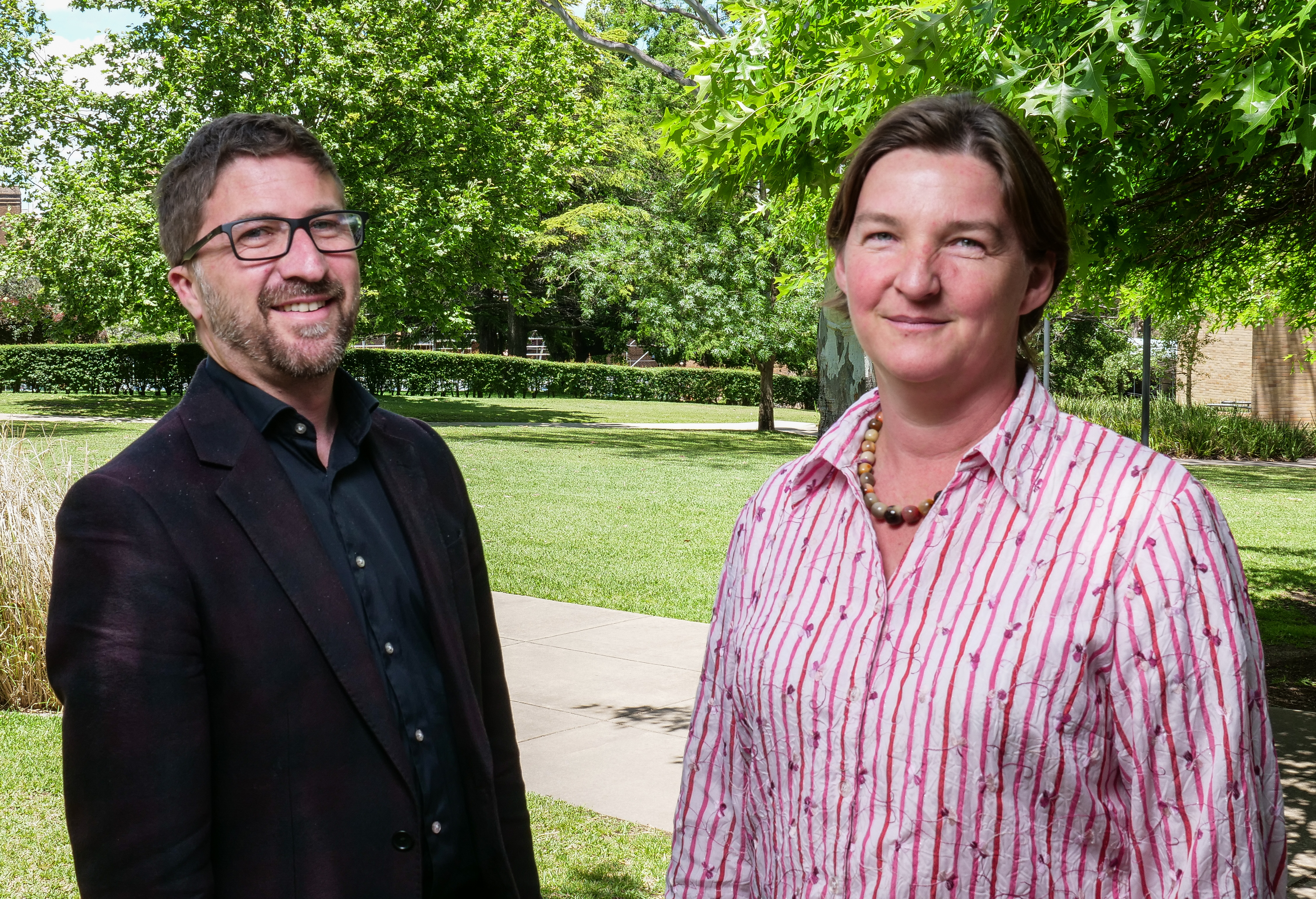After pioneering distance education in the 1950s, the University of New England (UNE) is now a leader in the introduction of online exams.
Online examinations are done by a student on their computer over the internet, at a location and time of their choice, supervised remotely in real time.
UNE ran its first online exam trials at the end of September with 80 students, and found the system worked well for students and staff.
“Online examinations are one of the most important changes to assessment practice in over 500 years,” Teaching and Learning Director at UNE, Dr Greg Winslett, said.
“Online supervised exams accommodate the changing needs of our student cohort, many of whom are working full time and need the flexibility to take exams at home. Online examinations also allow for the use of a whole range of digital resources, such as video, audio, spreadsheets and other interactions that we just can’t do in a traditional exam.
“It is also much more in line with a digital workforce in which we need to type, not write.
“Improvements to how we host exams and the types of exam questions and feedback we use can be the difference between success and failure for students and we’ll be looking to roll out more online exams over the next few years.”
Despite having the ability to study for their degrees online, UNE’s external students are currently required to sit physical exams at a predetermined time and location, with a supervisor in attendance. Getting to an exam location at the right time can present considerable challenges for students, particularly those in remote areas.
Online exams can be done at the home desk (or kitchen table) where the student has studied for their degree. Instead of adjusting to physically writing on paper, they can use the keyboard that they have used to do their research and write their assignments.
Although the system may appear wide open to cheating, an array of tools are used to eliminate that possibility.
The exam is monitored remotely by a supervisor using a webcam, and the camera is used to scan the room environment before the exam to check for potential subterfuges. Other sophisticated tools, like typing biometrics and screen sharing technology are used to prevent and detect cheating.
“It is actually easier to monitor cheating online than in traditional exams,” said Manager of UNE’s Online Supervised Exam Project (OLX), Kylie Day.
Online examinations not only make life easier for students, they address the biggest logistical challenge that UNE faces each year.
“Exams are the biggest event UNE holds,” Ms Day said.
“At UNE there are over 20,000 students sitting exams, and the vast majority of them don’t sit them on campus.
“We have over 350 exam venues world wide and the logistics are huge.
“We have to deal with all sorts of issues, from natural disasters to war and civil unrest, dealing with customs and catering to overseas travellers.
“But all of that is taken out of the equation with online exams.
“For academic staff it means they don’t have to try and decipher handwriting – which can be a real issue – and they can incorporate some really innovative things into the exams.
“For instance, instead of coding with a pencil computer science students can use a coding tool, or accounting students can use an interactive spreadsheet.
“It’s a much more ‘real world’ way of testing what a student can do.
“It is also an opportunity to use multimedia such as videos for, say, language students.”
UNE will be progressively expanding the use of online examinations, in the expectation that eventually an “online degree” will be conducted fully online, from sign-up to the final exam.

